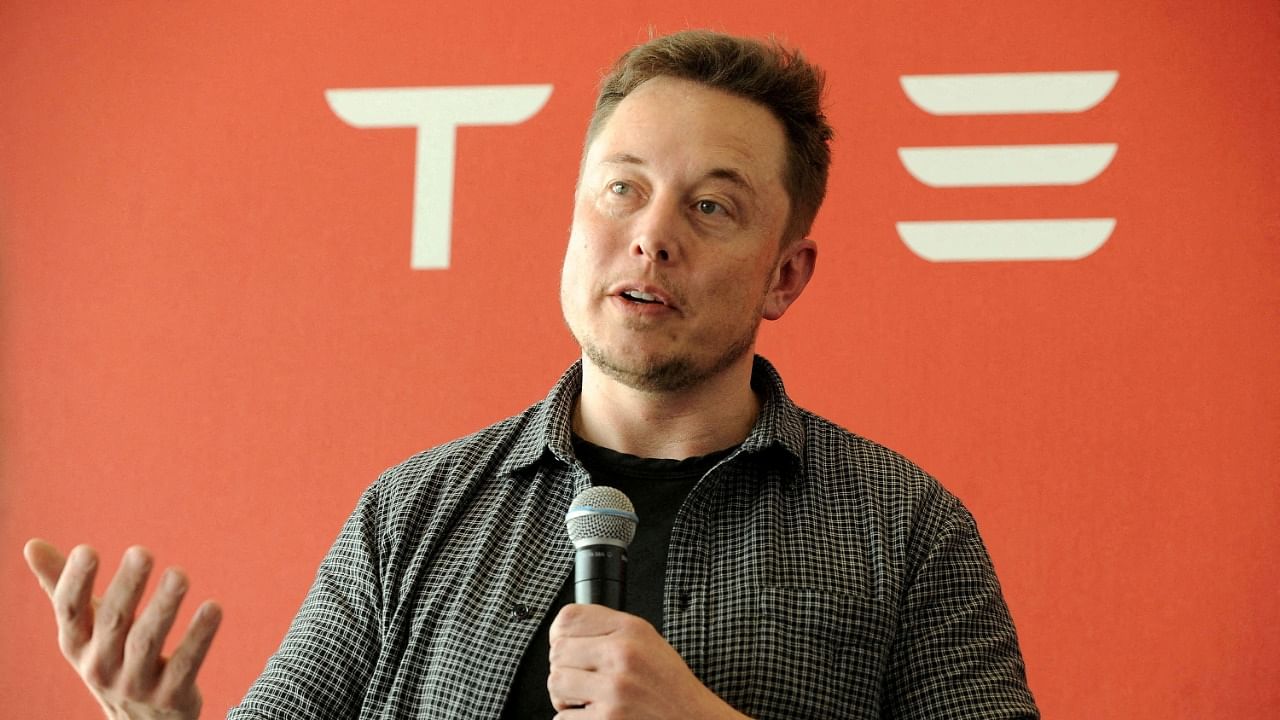
Tesla CEO Elon Musk started a poll on March 25, asking his followers if Twitter followed the principle of adhering to free speech.
"The consequences of this poll will be important. Please vote carefully," he wrote in the tweet. And by the time the vote was over, more than 20 lakh people had voted, with 70 per cent of people choosing a resounding "no," cementing popular opinion.
Days later, Musk revealed that he had bought 9.2 per cent stake in the microblogging platform - a massive 73,486,938 shares. As soon as the news broke, Twitter's shares went flying - and so did Musk's wealth. Musk added more than 7 times to his net worth than Twitter earned from 2019 to 2021, amounting to a whopping $783.4 million in just a day, compared to Twitter's relatively paltry $108.6 million in that time period, according to a report by Statista.
But the timing of the acquisition raises questions and could come back to bite him.
Former securities officials and professors said the Tesla CEO may have missed a key disclosure deadline and filed the wrong paperwork when he bought the stake and the Securities and Exchange Commission regulators could use any shortfall to try to punish Musk more for other lapses.
US securities law requires disclosure within 10 days of acquiring 5 per cent of a company, and in Musk's case, the deadline was March 24, as the SEC filing said he bought the shares on March 14. A late report could lead to a per-violation civil penalty of up to $207,183, according to Urska Velikonja, a law professor at Georgetown University Law Center.
In addition, Musk filed a "13G" disclosure form for investors who plan to hold the shares passively, even though it emerged on Tuesday that Musk will take a Twitter board seat in order to push change at the company.
That means he should have filed the "13D" form used by activist investors, officers and directors who have the ability to influence the management and policies of an issuer, said several lawyers.
With agency inputs.
Watch latest videos by DH here: